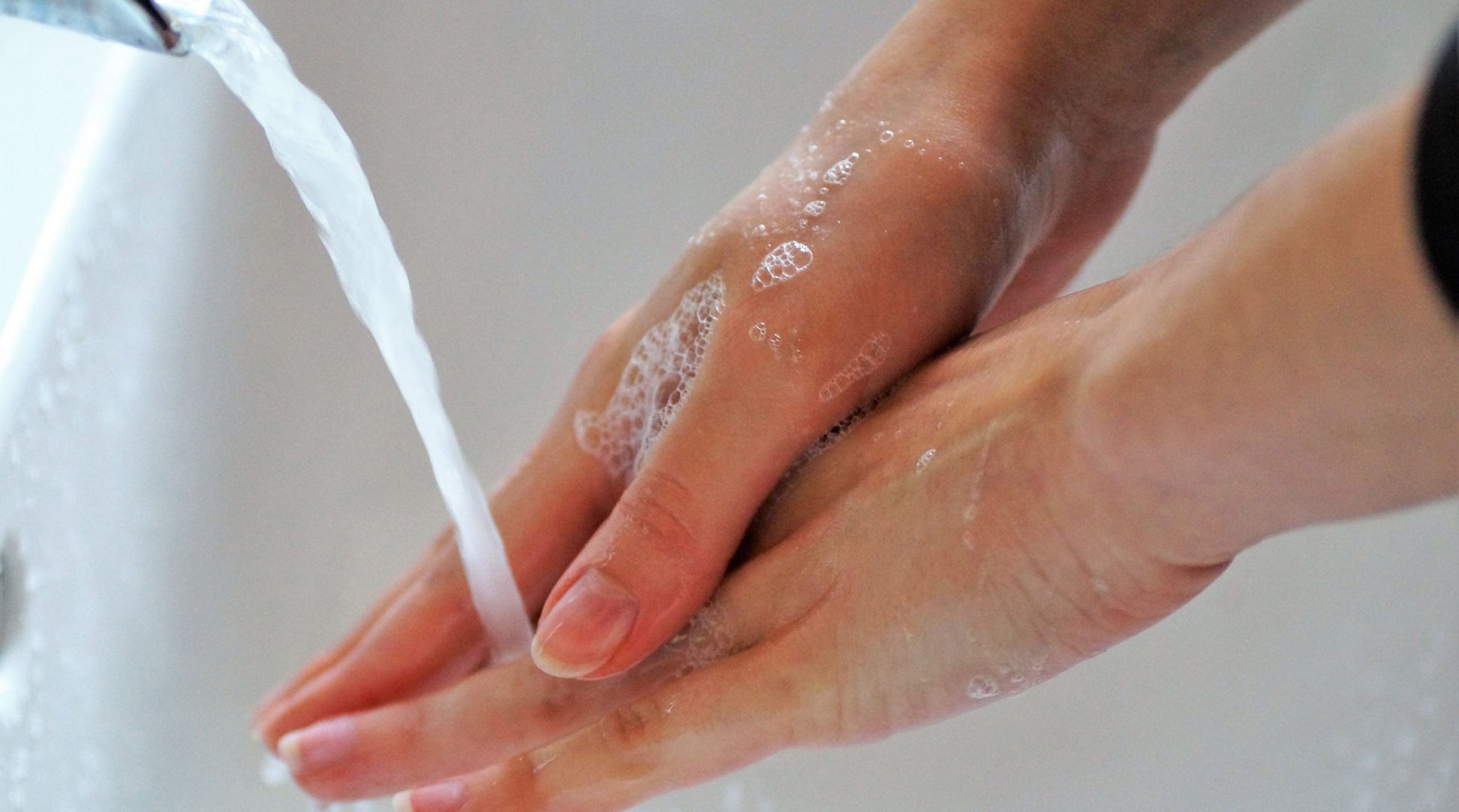When you buy soaps and body washes, do you reach for products labeled “antibacterial,” hoping they’ll keep your family safer? Do you think those products will lower your risk of getting sick, spreading germs, or being infected?
According to the U.S. Food and Drug Administration, there isn’t evidence to show that over-the-counter (OTC) antibacterial soaps are better at preventing illness than washing with plain soap and water. In fact, some data suggest that antibacterial ingredients could do more harm than good over the long-term.
“Following simple handwashing practices is one of the most effective ways to prevent the spread of many types of infection and illness at home, at school and elsewhere,” says Theresa M. Michele, M.D., of the FDA. “We can’t advise this enough. It’s simple, and it works.”
A final rule was issued by the FDA in 2016 under which most antibacterial active ingredients, including triclosan and triclocarban, can no longer be marketed in nonprescription consumer antiseptic wash products. Those products include liquid, foam and gel hand soaps; bar soaps; and body washes.
The FDA made this determination because the manufacturers didn’t prove that those ingredients are safe for daily use over a long period of time or that they are any more effective than plain soap and water in preventing illnesses and the spread of certain infections.
The rule doesn’t apply to three ingredients: benzalkonium chloride, benzethonium chloride and chloroxylenol. Manufacturers are developing and planning to submit new safety and effectiveness data for these ingredients.
The FDA’s final rule covers only consumer antibacterial soaps and body washes that are used with water. It does not apply to hand sanitizers, hand wipes, or antibacterial soaps used in healthcare settings, such as hospitals and nursing homes. To learn about the difference between consumer hand sanitizers and consumer antibacterial soaps, visit the FDA’s webpage on this topic.
